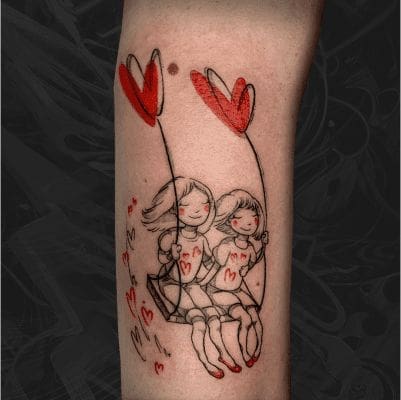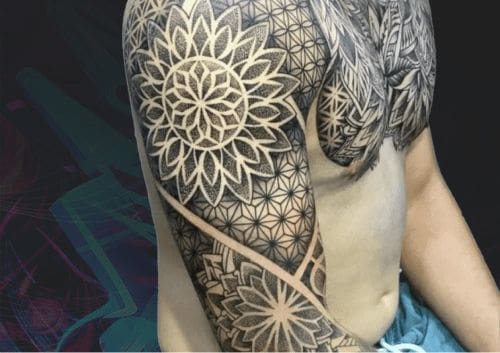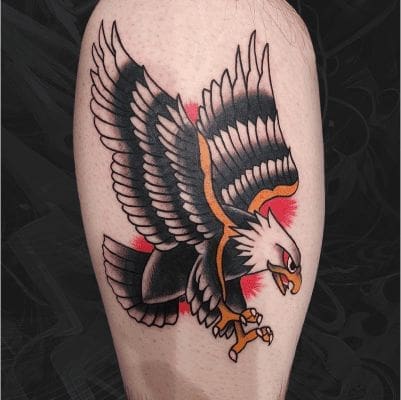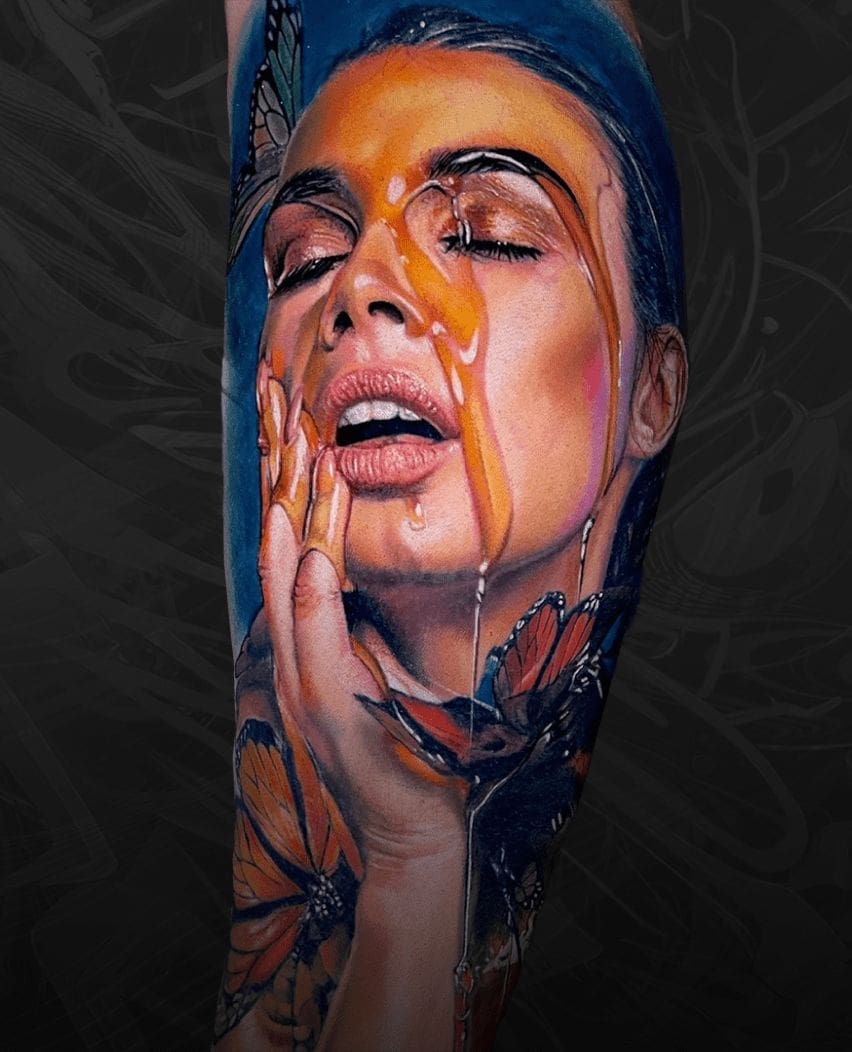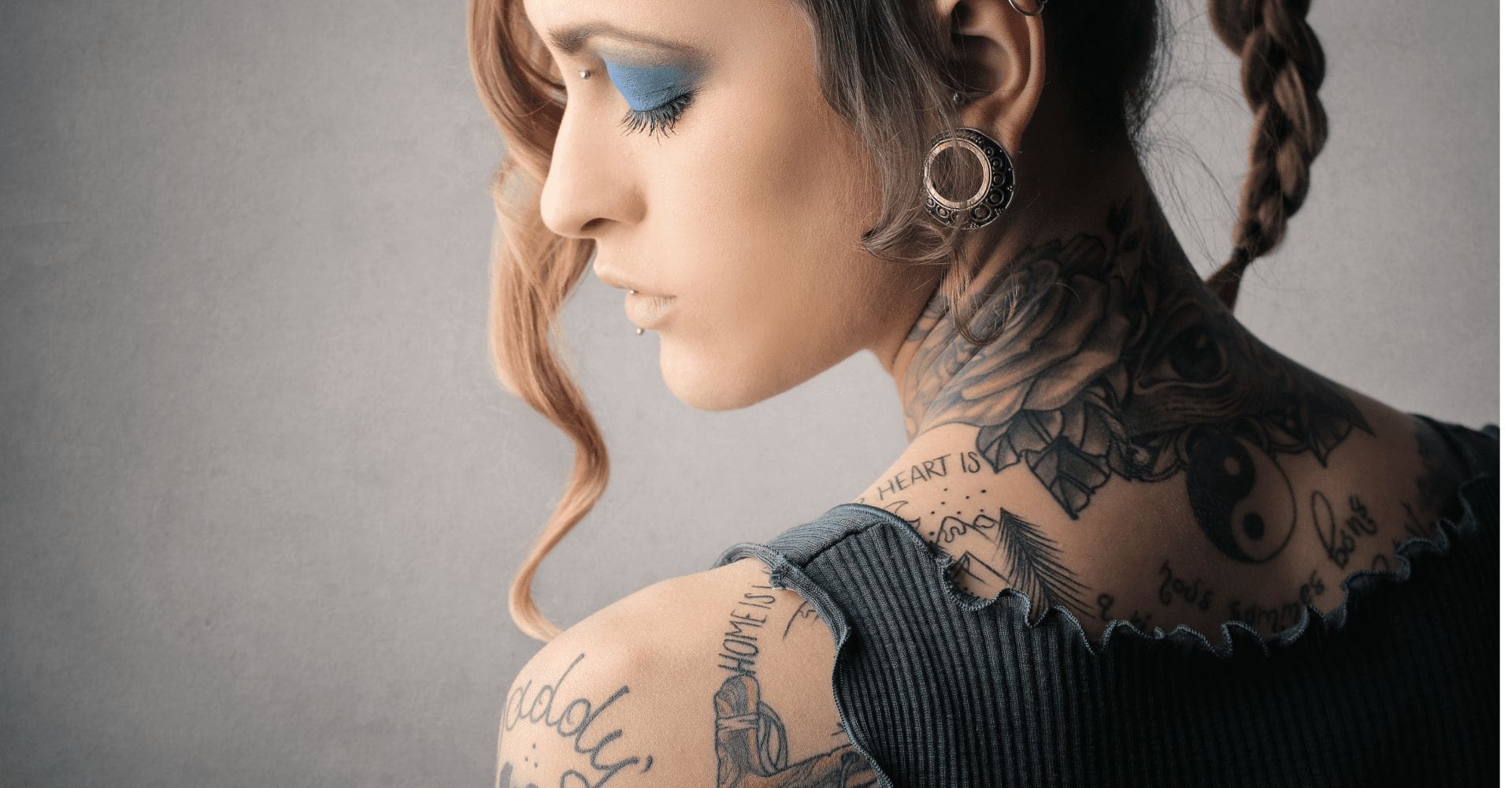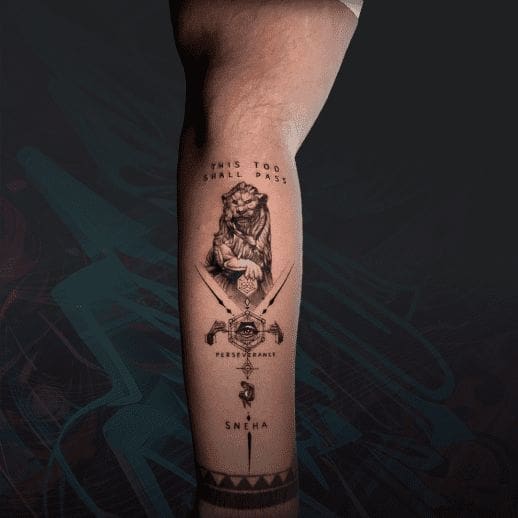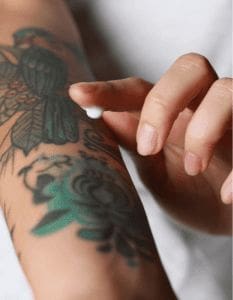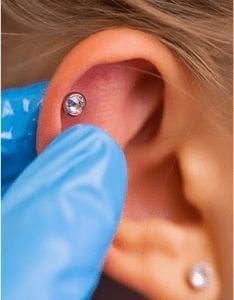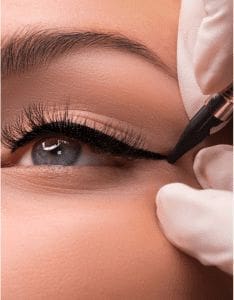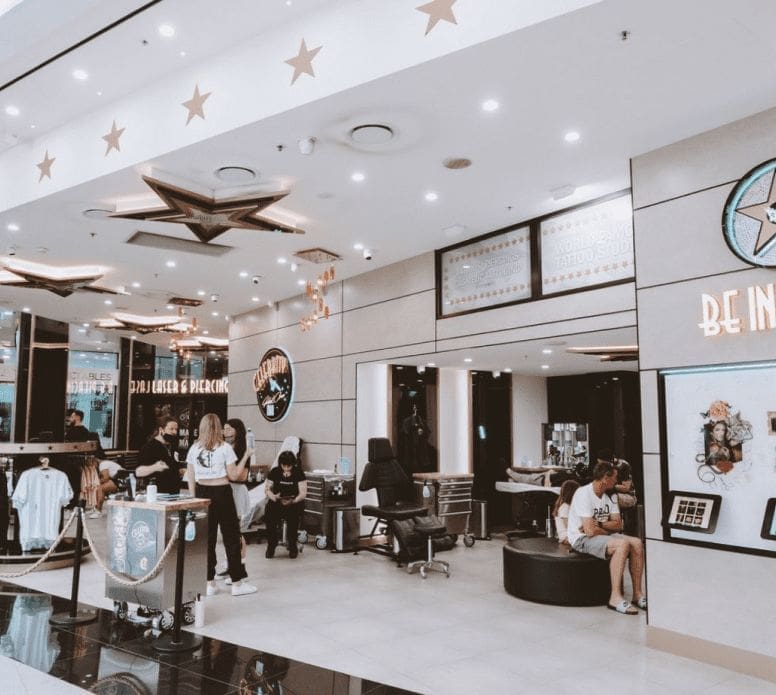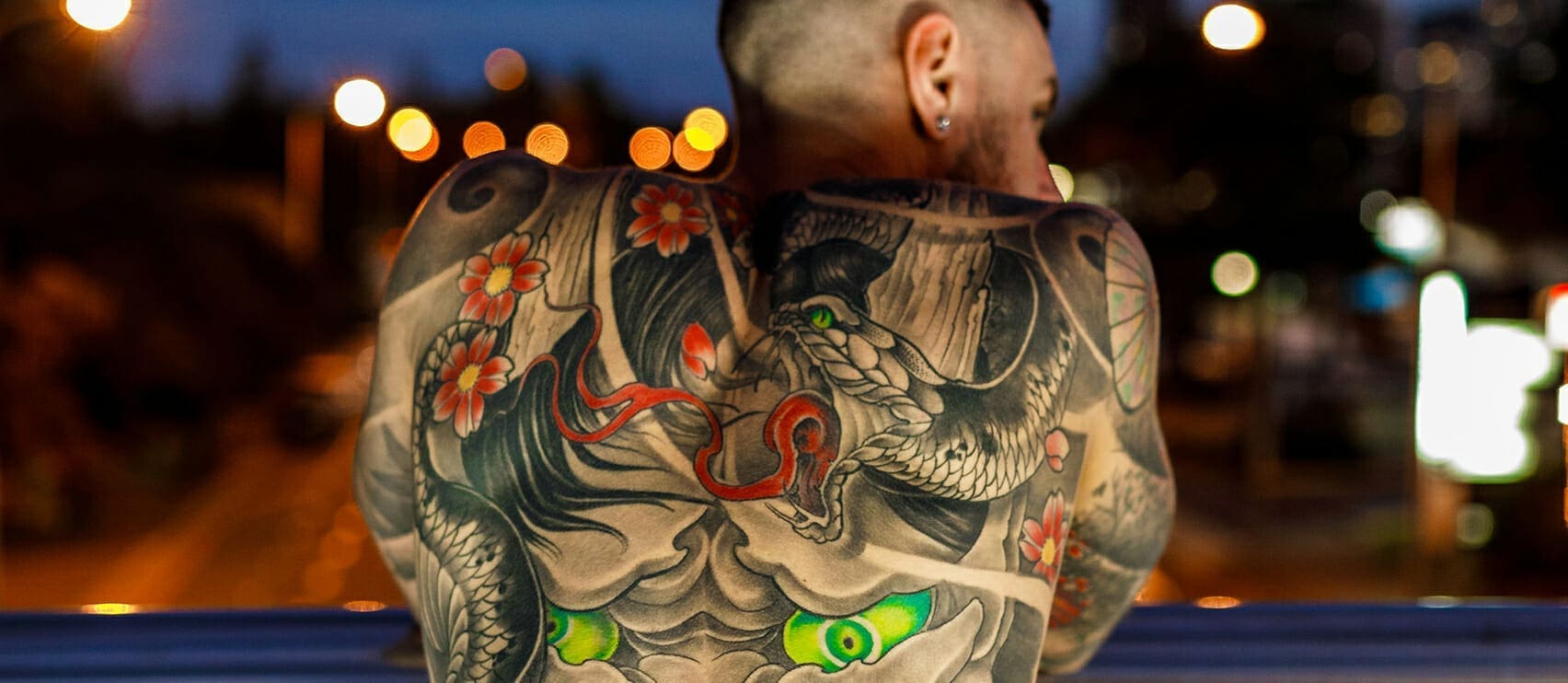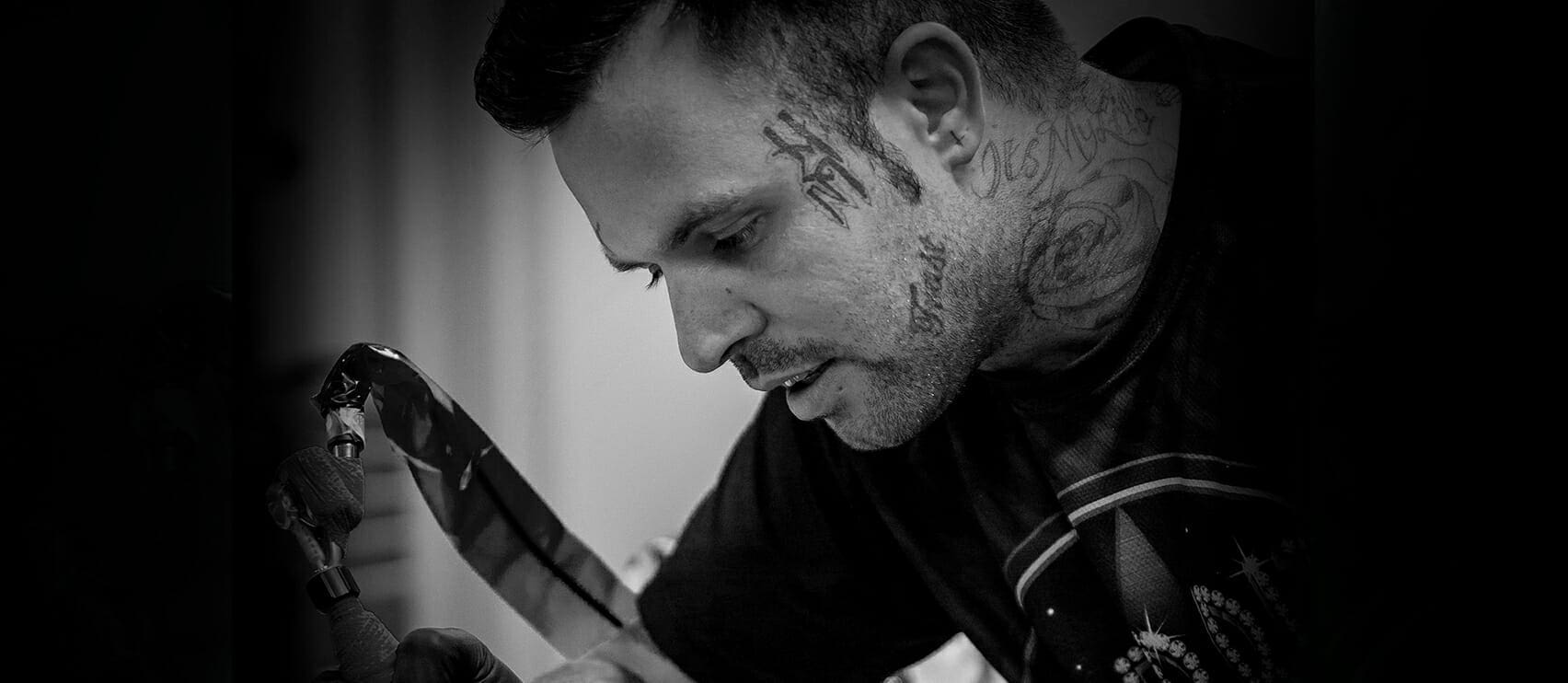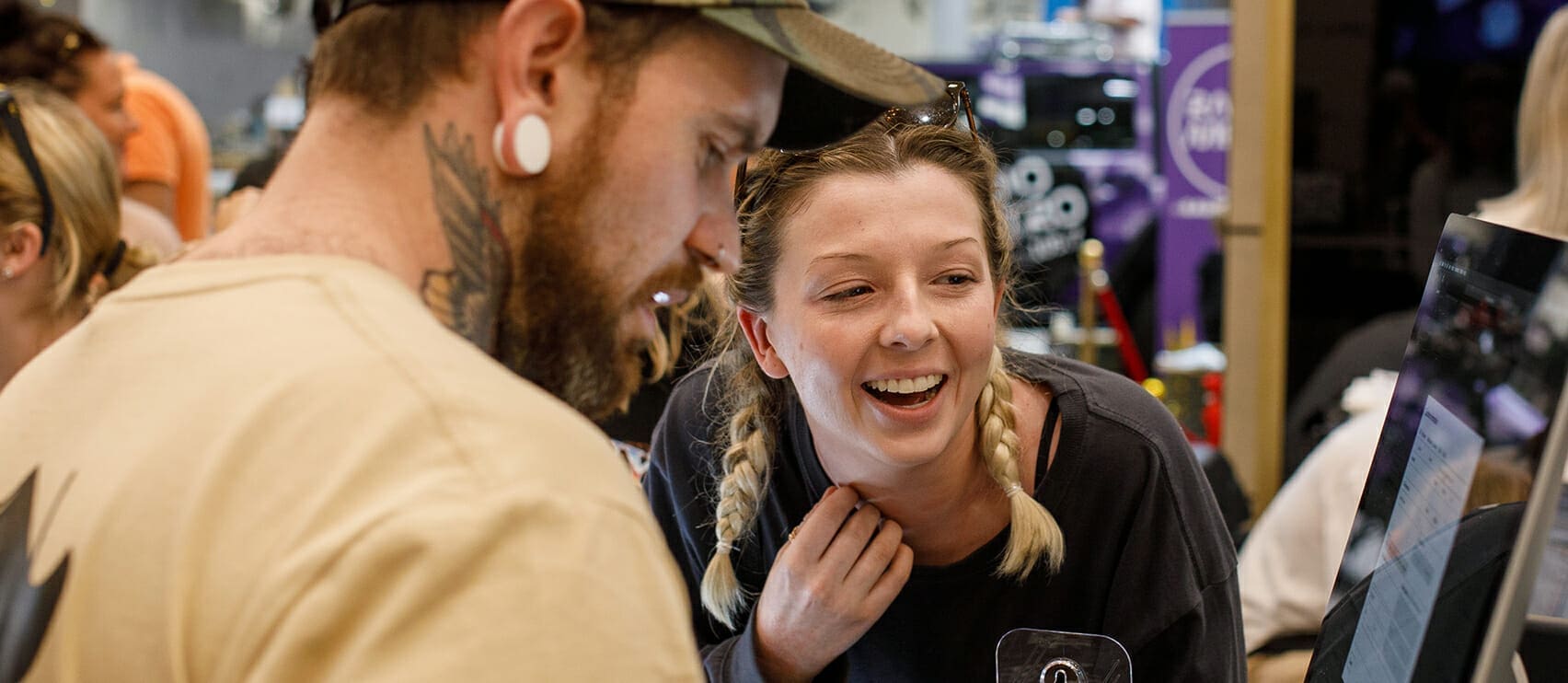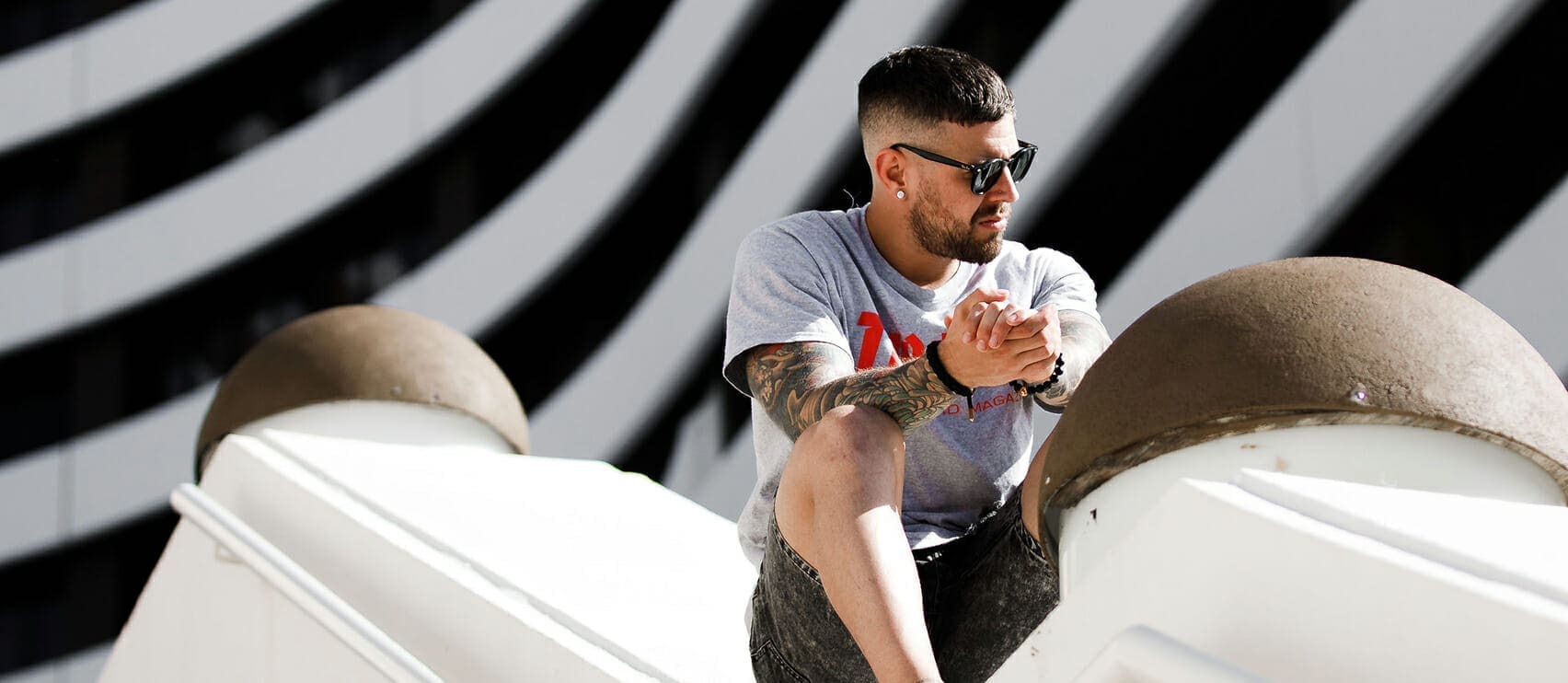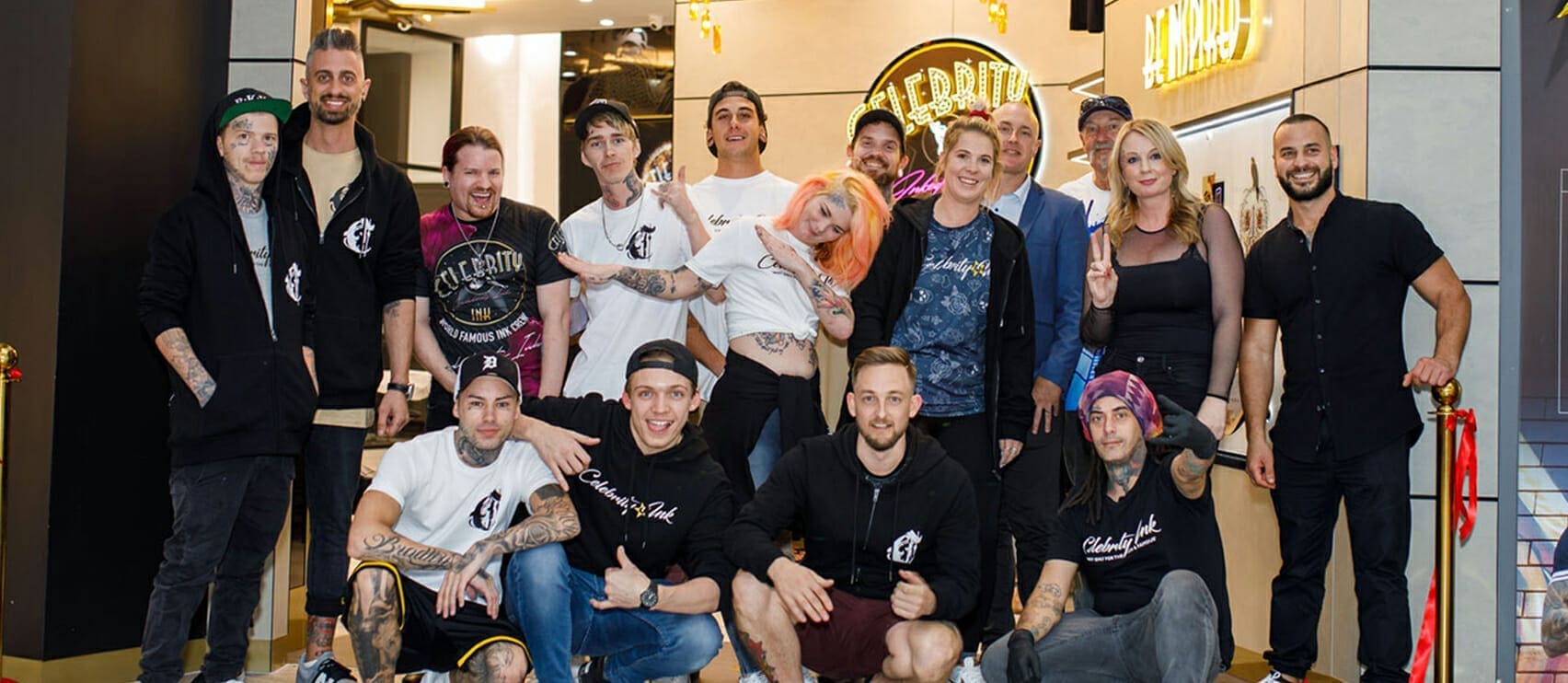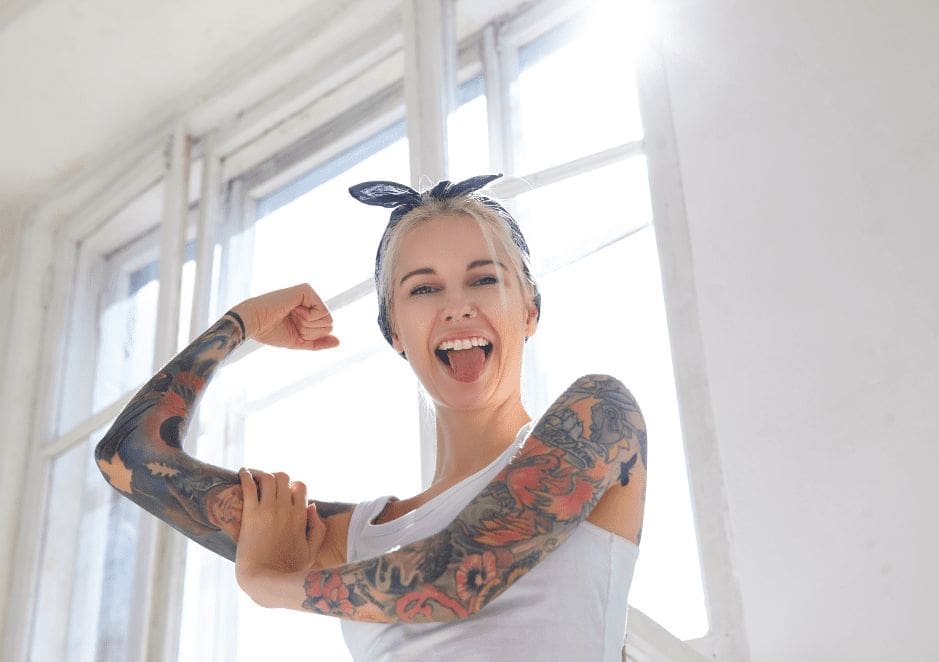In Australia's ever-evolving workplace culture landscape, one of the most notable shifts in recent years has been the transformation of attitudes towards tattoos.
Once associated with rebellion and counterculture, tattoos have entered the mainstream, becoming increasingly common expressions of personal identity and creativity.
This transformation has sparked a fascinating and ongoing debate in Australia, a country known for its diverse and dynamic workforce.
However, the question remains: how do employers and employees perceive tattoos in the modern Australian workplace? And what are the standards for tattoos in different industries?
How Tattoo Perceptions Have Changed in Australia
What used to be seen as a rebellious act is now considered a symbol of self-expression. Due to this change, there has been an increase in the number of Australians getting tattoos.
A study conducted by McCrindle found that one in four Australians (25%) has a tattoo, which is a record high compared to 20% in 2018 and 19% in 2016.
While most Australians get their first tattoo between 18 and 25 (48%), 36% are now getting their first one aged 26 or older.
However, while tattoos are becoming more popular in Australia, 31% of people still feel the need to cover up their tattoos for a job interview. But it all depends on the job and the industry, with more sectors allowing tattoos in the workplace in Australia.
Different Workplace Standards For Tattoos
Australia has seen a significant evolution in workplace standards regarding tattoos. However, while perceptions of tattoos in the workplace have shifted over time, they can vary significantly depending on the industry.
For example, Qantas has a no-tattoo policy, which means employees aren’t allowed to have visible tattoos while wearing the uniform. In 2017, the airline made world news when they refused a candidate over a small tattoo on her ankle.
However, in recent years, the airline has become more lenient and allows employees to have as many tattoos as they like as long as they’re covered.
Are tattoos bad for jobs? Here are some examples of how different industries approach tattoos in Australia.


Teachers
No specific regulations prohibit school teachers from having tattoos in Australia. However, the visibility and acceptance of particular tattoos vary depending on the school policy.
It’s best practice that if you’re a teacher to have tattoos that may be considered offensive covered up.
Doctors
Much like the teaching industry, doctors are allowed to have tattoos, but there are some considerations to remember.
For example, maintaining a professional image is extremely important in the medical field. While many hospitals and doctor’s clinics around Australia don’t have specific policies against tattoos, they may have guidelines that address how visible tattoos can be. The nature and content of the tattoos are also taken into account.
Doctors or surgeons involved in surgery may also be more reluctant to have visible tattoos as it can be a health and hygiene concern. For example, visible tattoos on the hands or wrists may be discouraged to maintain a sterile and clean environment.
Construction Workers
Compared to other industries, such as teaching and medicine, the construction industry has a more relaxed dress code. However, construction must still comply with safety requirements, employer policies, and local worksite culture.
Creative Industries
In more creative workplaces, employers often embrace tattoos as a way to reflect an employee’s individuality and creativity.
For example, employees in the photography, music and film industries may have more flexibility in displaying their tattoos compared to more conservative industries.
There are many positive reasons to embrace tattoos in the workplace in Australia, including
- It promotes an employee’s individuality
- In some industries, having tattoos can appeal to a specific clientele
- It can foster workplace friendships as those with tattoos can bond over the experience and meaning behind their ink
- It can promote diversity among individuals with religious or cultural tattoos
- It can promote a higher number of applicants


However, there can also be some disadvantages to allowing tattoos in the workplace, including
- Having tattoos in the workplace may promote a too-casual atmosphere
- Tattoos may be distracting for employees in the workplace
- Customers may not approve of employees having tattoos
Visible Tattoos Vs. Non-Visible Tattoos
If you’re going for a job interview and have tattoos, the best thing to do is let the interviewer know that you have tattoos (and where they are if they’re not visible). That way, you can learn more about the company’s tattoo acceptance in the workplace and whether or not you’ll need to cover your tattoos if you get the job.
Non-Visible Tattoos
In many industries, employees can have tattoos as long as they can be covered in the workplace.
Some of the most common tattoos that can be easily covered up for a day at work include
- Shoulders
- Upper arms
- Forearms
- Back of the neck
- Back
- Stomach
- Upper thighs
- Ankles
Visible Tattoos
If you’re thinking about getting a hand, neck or face tattoo, keep in mind that those areas are nearly impossible to cover up, so it could impact your future job prospects or current employment.
If you currently have a job and are considering getting one of the above tattoos, it’s a great idea to let your employer know. Doing this lets you see if your tattoo aligns with the company’s vision/dress code.
While these types of tattoos are acceptable in some industries, such as construction, creative, etc., they may be less widely accepted in others, such as education and medical sectors.
Book A Tattoo Consult With A Celebrity Ink Artist
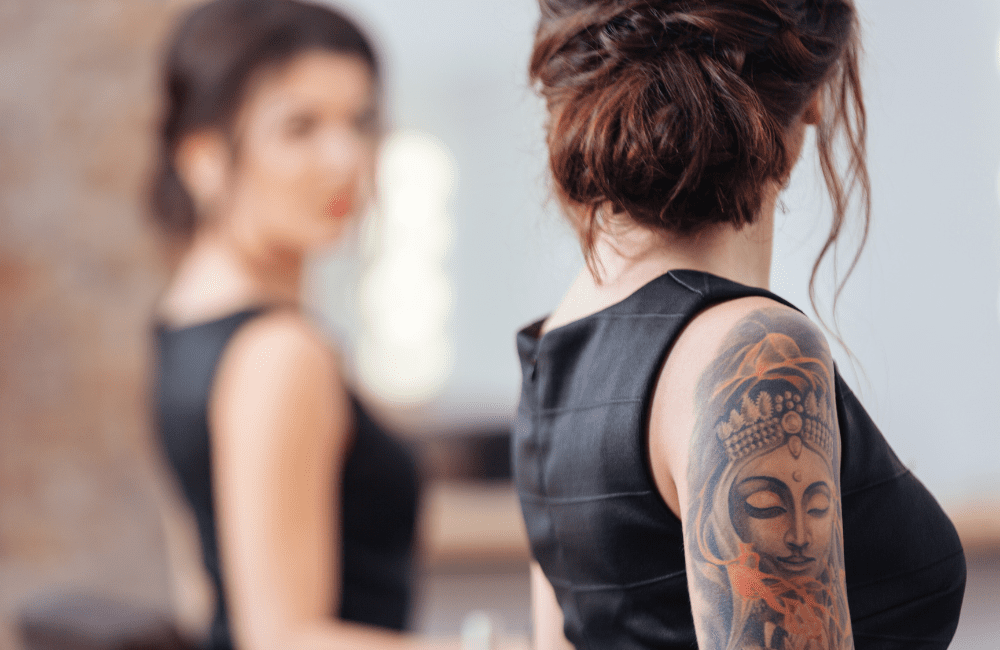

With tattoos becoming more common in society, more and more people are opting to get inked.
Tattoos are a fantastic form of self-expression and can be depicted in many ways. From realism tattoos to tribal tattoos and oriental tattoos, there is no shortage of ways to express your individuality, religion or cultural background.
If you’re considering getting a tattoo, book a consult with a tattoo artist at your nearest Celebrity Ink studio.
No matter the size, shape or design of your tattoo, we look forward to bringing your vision to life!

